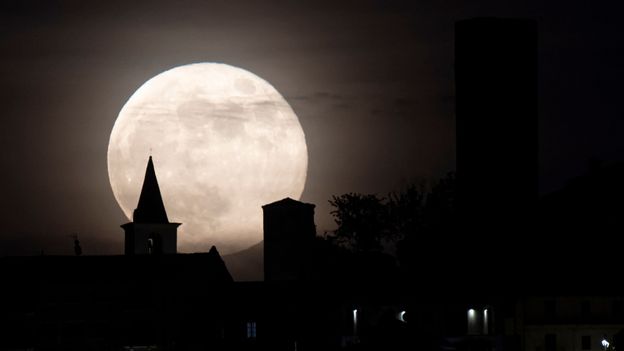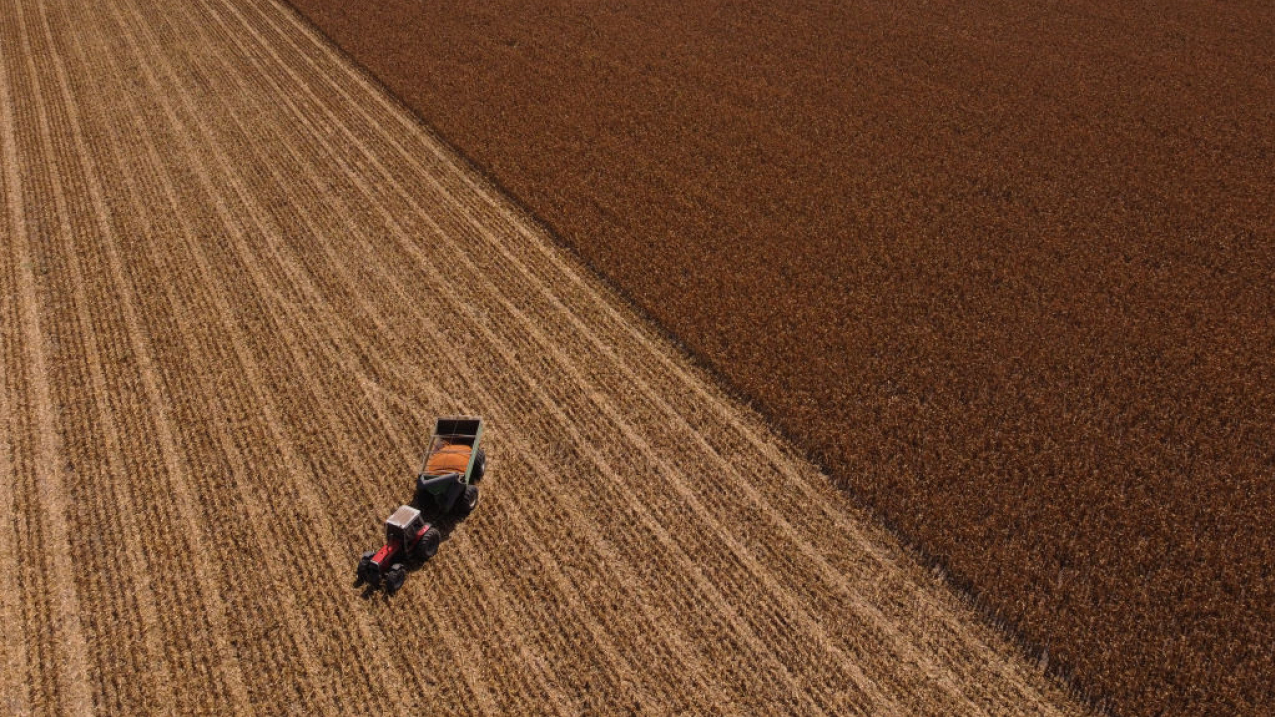That is not an accurate description of the content of that paper or the Guardian article discussing it. The gravity of the moon overhead reduces the summed gravitic attraction at the surface and thus would tend to lower mean sea level pressure. However, the moon's gravity would make fluids (air and water) flow towards its sublunar point which would increase the mass present and raise mean sea level pressure. However, none of that was mentioned in the article or the abstract of the referenced paper.

egusphere.copernicus.org
Abstract. The 18.6-year lunar nodal cycle arises from variations in the angle of the Moon’s orbital plane. Previous work has linked the nodal cycle to climate but has been limited, either by the length of observations analysed, or geographical regions considered in model simulations of the pre-industrial period. Here we examine the global effect of the lunar nodal cycle in multi-centennial climate model simulations of the pre-industrial period. We find cyclic signals in global and regional surface air temperature having amplitudes of O (0.1 K), ocean heat uptake and ocean heat content. The timing of anomalies of global surface air temperature and heat uptake are consistent with the so-called slowdown in global warming in the first decade of the 21st century, also displaying warmer than average Arctic surface temperatures at the same time. The lunar nodal cycle causes variations in mean sea level pressure exceeding 0.5 hPa in the Nordic seas region, thus affecting the North Atlantic Oscillation Index during boreal winter. Our results suggest that the contribution of the lunar nodal cycle to global temperature should be negative in the mid-2020s before becoming positive again in the early-2030s, reducing the uncertainty in time at which projected global temperature reaches 1.5 C above pre-industrial levels.

www.bbc.com


